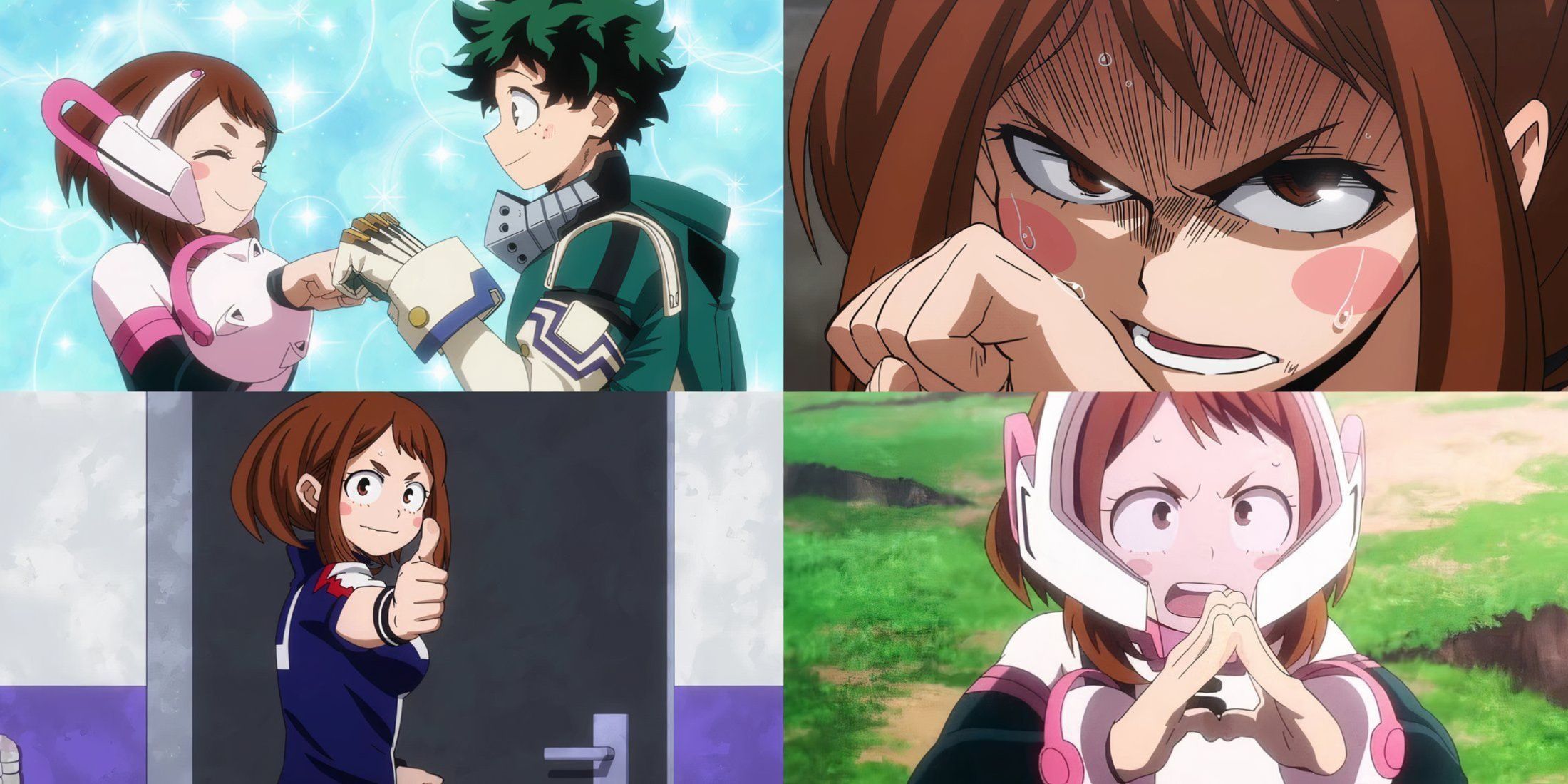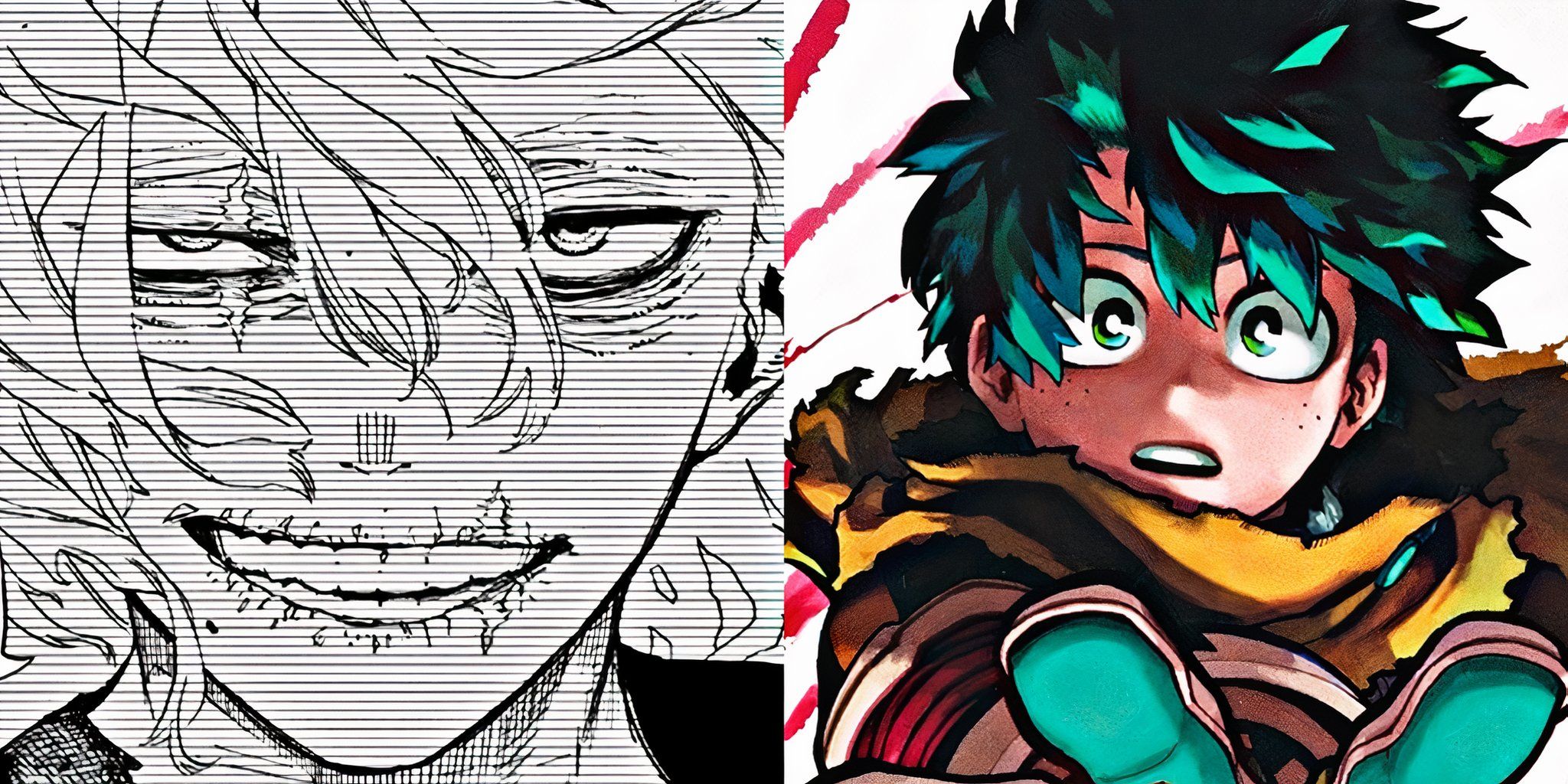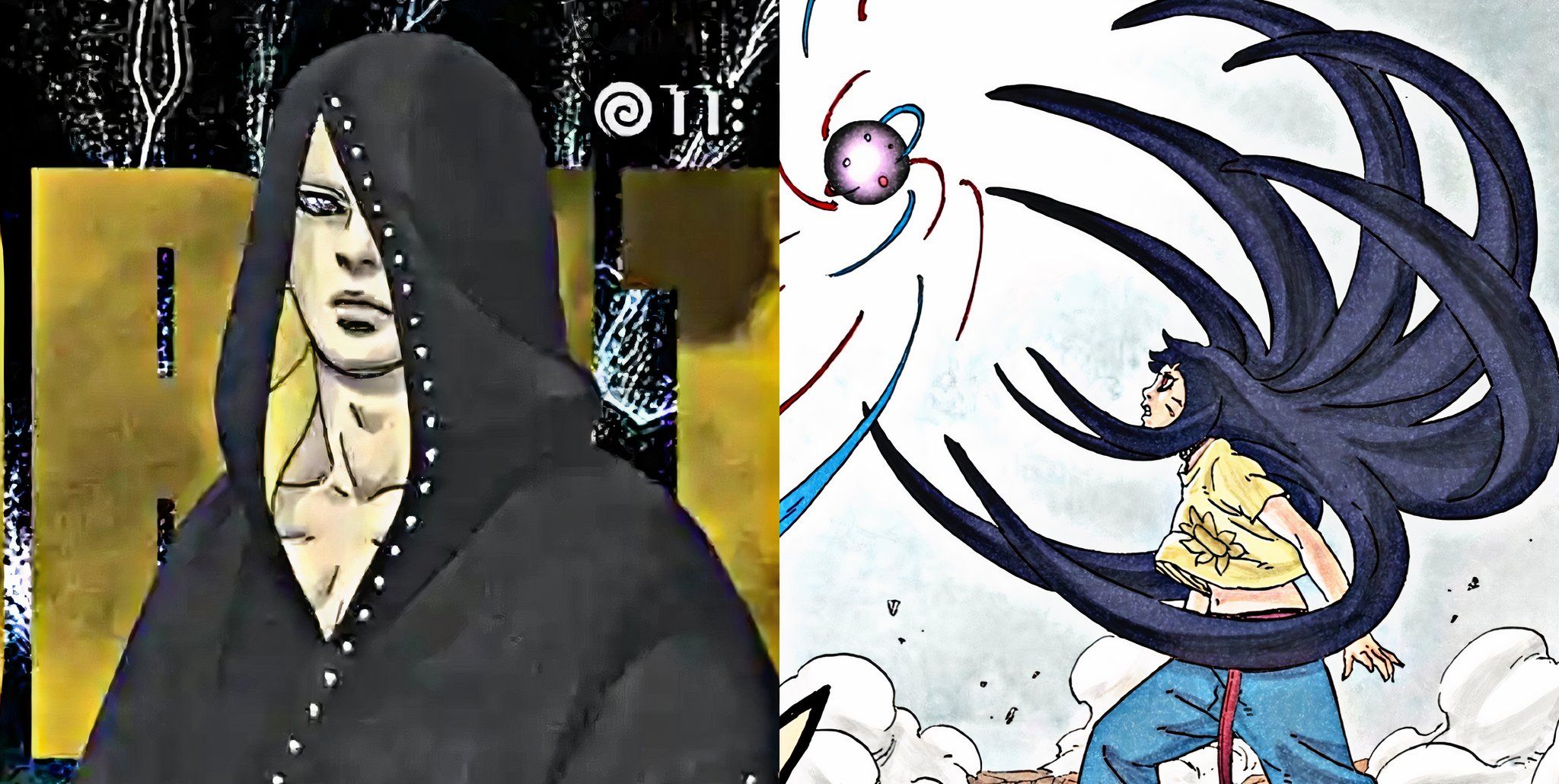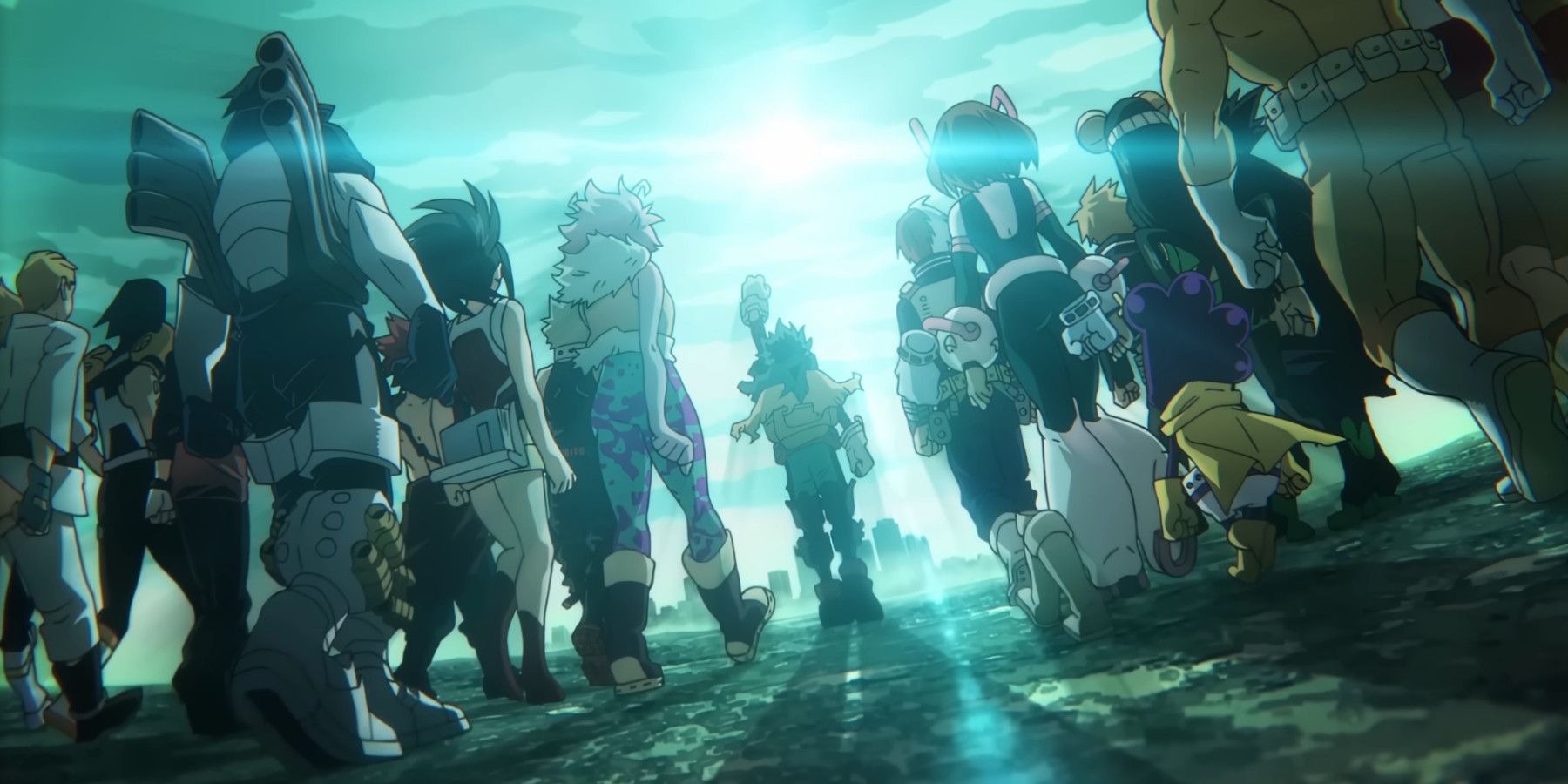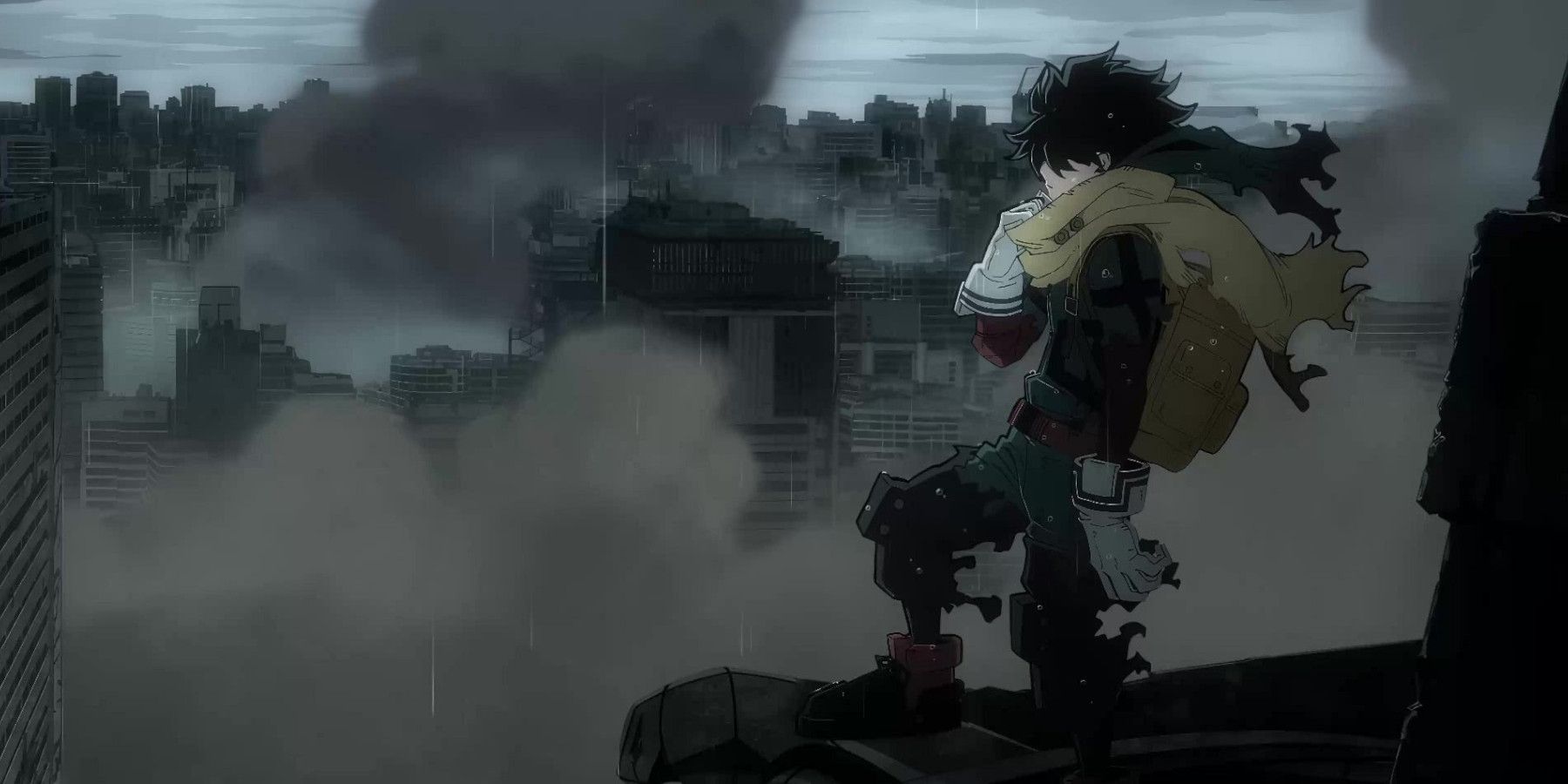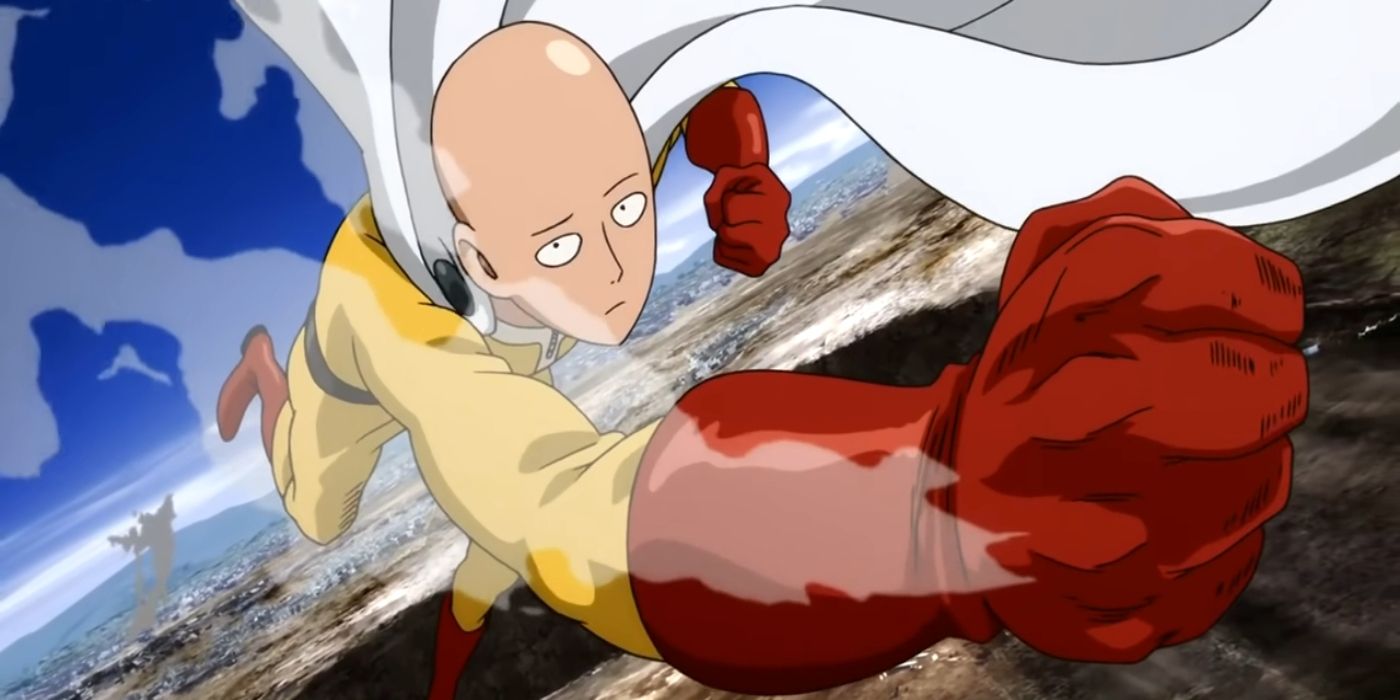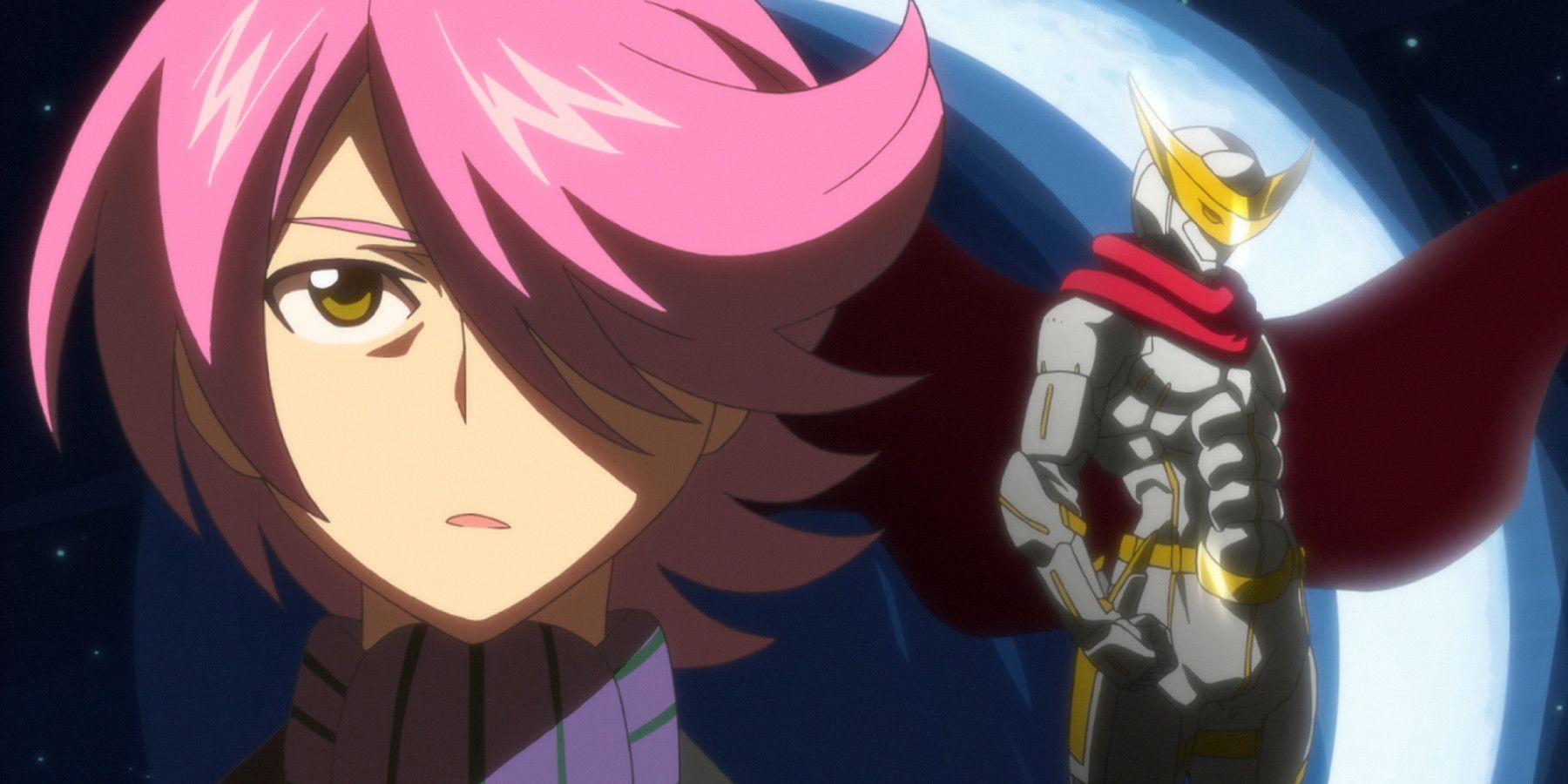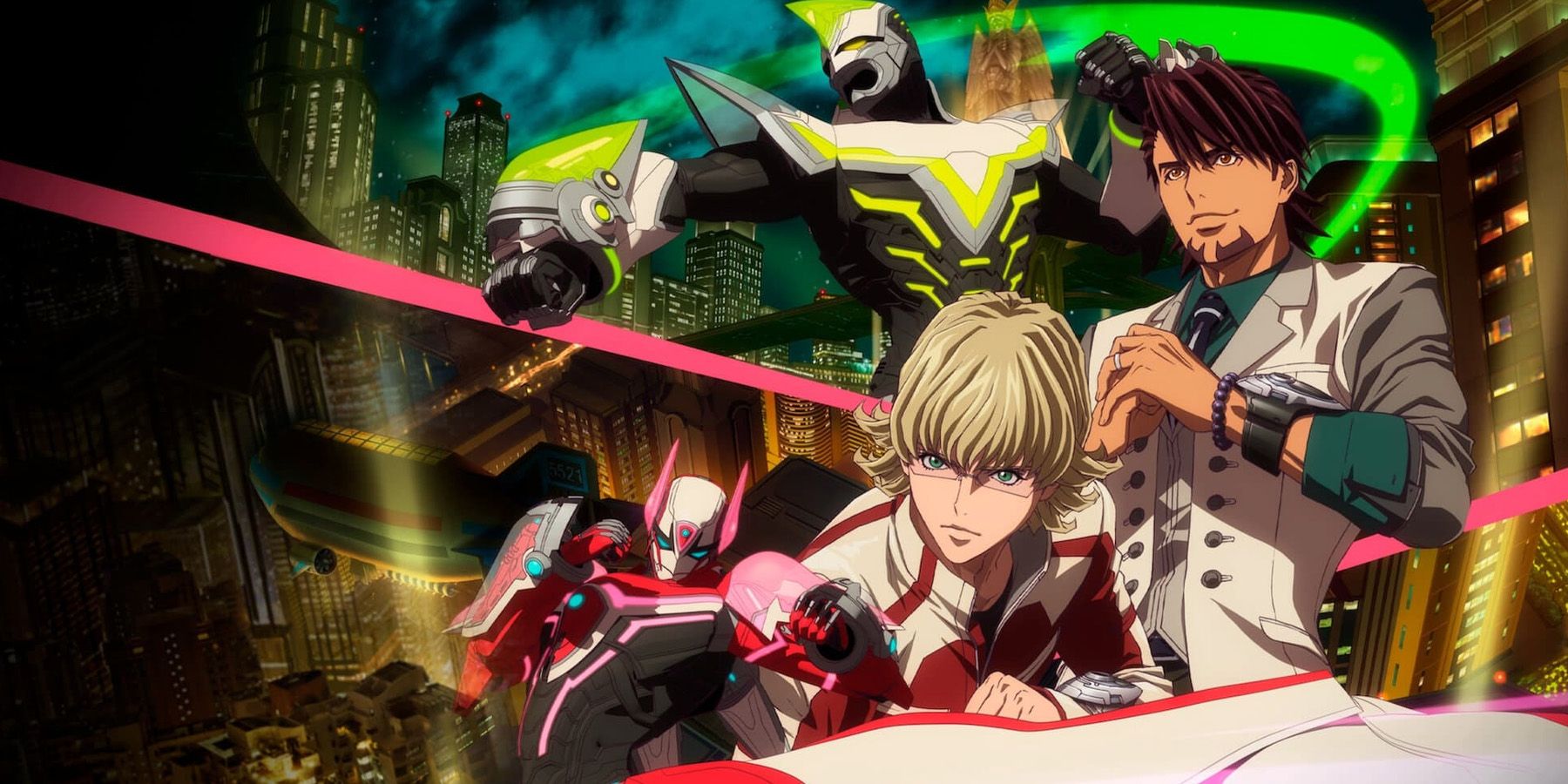The logistics of living inside any fictional world can be tricky because it depends heavily on the parameters of the hypothetical; namely, what role someone will play in the fictional world of their choice. In the case of superhero stories - notably those in anime - is it a matter of being a superhero in those worlds, or simply living in those worlds as a background character?
There are plenty of anime about people with superpowers and a few big ones that comfortably fit in the superhero genre, from One Punch Manto My Hero Academia, and beyond. But keeping with the fantasy of superheroes, which world would be the most comfortable to observe from the perspective of an average citizen? Now, already there is a conflict in this hypothetical because stories inherently have a rising and falling action. In the case of superhero fiction, it involves threats to the public, so it's antithetical to pick a world where there's no danger because then it's not that different from real life. Danger from supervillains is a guarantee. The question is which superhero anime instills the most joy?
My Hero Academia & A Broken Society
Perhaps the easiest example to pluck from the cultural zeitgeist is My Hero, as it's one of the biggest shonen series and the most prominent superhero show in the medium right now. It's a colorful and bright series that oozes optimism about the importance of heroes and the necessity for kindness in a world where not everyone is created equal.
Much of this is summed up perfectly in our hero, Izuku Midoriya, who starts the series as one of a minority in this world with no powers and ends up inheriting great power only after he's proven himself. With 80% of the world having powers, being a hero is a profession, yet none of the glamour of being a hero has been lost. People grow up admiring real-life superheroes.
My Hero has a lot of the qualities of superhero fiction that would make it an ideal universe to live in, and if it were a series defined only by its optimism, this would be a much shorter article. Unfortunately, it's not that simple and to consider whether the world is a good place to live, one must consider the thematic throughline of the story, and My Hero's optimism is matched by its edgy, biting cynicism.
Assume that per the rules of the hypothetical, you could become a regular person in My Hero Academia. At first glance, it seems like the best pick because there's effectively an 80% chance of having a superpower yourself. But as early as Season 2, the series begins to attack the very idea of this world and the oversaturation of heroes.
The Hero Killer Stain calls the heroes of this society "fakes" who aren't really in it to save people, but simply treat it like any job. It's similar to the logic of Syndrome from Pixar's The Incredibles; the idea that "when everyone's super, no one is." And this lingering skepticism about the world persists across the entire series.
By Season 6, trust in heroes has fallen, because with so many heroes, it's not a select few with the power to save the many, but rather an oversaturated super-powered workforce homogenized with a flawed and ineffective government. It makes for phenomenal television, but it might not be the best world to live in.
One Punch Man, Destruction, & Popularity
To the credit of My Hero Academia, it took until the Liberation War Arc in Season 6 to truly demonstrate the worst-case destruction possible in that world, but One Punch Man barely needed two episodes. This superhuman society has world-ending disasters seemingly every other day with not a single consideration given to how the cities rebuild so fast (if they do at all).
But if we dwelled on destruction it would start to echo the aforementioned antithetical bickering about the mere existence of conflict. Given the tone of One Punch Man, it works as well as the destruction in Evangelion. Stuff breaks, and it's either fixed off-screen or just never spoken of again. What makes One Punch Man questionable as fictional real estate is the relationship between heroes and citizens.
Similar to My Herothere is a ranking of the top heroes, but in One Punch Man, it's more of a classification system that sorts heroes by their strengths and weaknesses. Without being classified within the Hero Association, heroes don't get recognized for what they've done and don't have the ability to advance in their careers.
Watching Saitama's journey in Season 1, it's hard not to feel like the system is just a glorified popularity contest, the meta of which ends up warping the populace's perception of their protectors. Saitama is only Rank C in the beginning because he screwed up on a written exam. So when he one-shots one of the season's toughest foes, civilians assume that either the villain was weak or the heroes that fell were weak.
They're completely wrong, but at the end of the day, it's the public who decides which heroes are the highest-ranked, which doesn't necessarily guarantee the best results for public safety. One Punch Man isn't just a more consistently dangerous and destructive world, but one whose tone and relationship between hero and citizen can feel disingenuous by design.
What Worlds Might Be Better?
Japanese superhero stories have a tendency to deconstruct concepts of heroism and draw parallels between these heroes and real-world socio-politics. Concrete Revolutio is an insane and underrated superhero show about an alternate-history 1970s Japan dripping with larger-than-life superhumans, but that also mirrors the real-life student-led political protests of the era.
Darker Than Black is similarly stacked with characters boasting superpowers, but they are treated as mercenaries rather than heroes in a story about the cost of power. The difference is that, unlike Darker Than Black, ConRevo is ultimately about why heroes are good and necessary, despite the youth being jaded towards them in their protest of the military and the government.
My Hero Academia, for all the cynicism about pro-heroes and the commodification of glory, is still a show intrinsically about the good of superheroes. Just as there is conflict, there is a resolution, and the story is clearly working toward re-affirming the ideas that built it up in the first place. It just so happens to be a world that gets very grim in its efforts to stack the odds against the heroes.
Frankly, a show like Tiger & Bunny might be a safer bet for a superhero world. Sure the heroes are ranked, televised, and given corporate sponsors, reaching dangerously close to The Boys in terms of capitalist subtext, but it's still very clearly a love letter to superheroes. Superheroes are cool and the world in which heroes inhabit should mirror that sentiment.
One underrated quality of the Sam Raimi Spider-Man films is how they depict the relationship between the hero and the populace. The camera is constantly focused firmly on the people being saved just as much as the titular hero himself. Ultimately, the best superhero world is one where the lives of the citizens are considerably improved because of the heroes.
